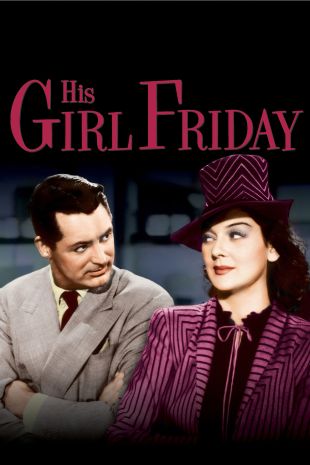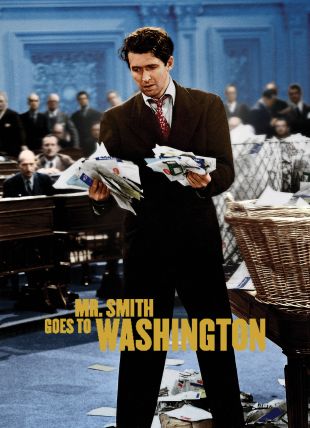A cinematographer since the age of 18, Colorado-born Joseph Walker began his lifelong association with Columbia Pictures in the mid '20s. At the time, Columbia was a poverty-row outfit spending the least possible amount on its films. Walker learned to work around these production shortcomings by adopting a smoky, soft-focus photographic style, which obscured the fact that the sets were mildewed and on the verge of collapse. When Frank Capra was signed by Columbia in 1928, he and Walker launched a collaboration that would result in such top-rank product as The Miracle Woman (1931), The Bitter Tea of General Yen (1933), It Happened One Night (1934), Mr. Deeds Goes to Town (1936), Lost Horizon (1937) and Mr. Smith Goes to Washington (1939). In his self-serving biography, Capra reverses his usual tendency to take credit for every cinematic innovation in his films by lavishing praise and gratitude upon Joe Walker. Other Columbia efforts to Walker's credit include Joseph von Sternberg's One Night of Love (1934), Howard Hawks' Only Angels Have Wings (1939) and His Girl Friday (1940) and George Cukor's Born Yesterday (1950). Ever fascinated by new camera effects and techniques, Walker possessed one of the largest collections of special lenses in Hollywood. These lenses enabled him to execute any number of remarkable effects, from lighting a set with nothing more than a fireplace (in The Miracle Woman) to framing a love scene with the flowing liquid jets of a water fountain (Plantinum Blonde). Walker pioneered the usage of a 4-inch lens, which, when used for tight closeups, displayed such leading ladies as Barbara Stanwyck, Jean Arthur and Rosalind Russell to the best possible advantage; it's not for nothing that Walker gained a reputation as a "woman's photographer." After retiring from active filmmaking in 1952, Walker developed the Electro-Zoom lens, which would become a standard piece of equipment for TV cameramen of the '60s. Although he worked on some 160 films, Joseph Walker received only one Oscar nomination, for 1946's The Jolson Story (he didn't win). Just three years before his death, the Academy tried to make up for past oversights by bestowing upon Walker a special Oscar for "outstanding technical achievements."
Joseph Walker
Share on
.jpg)

